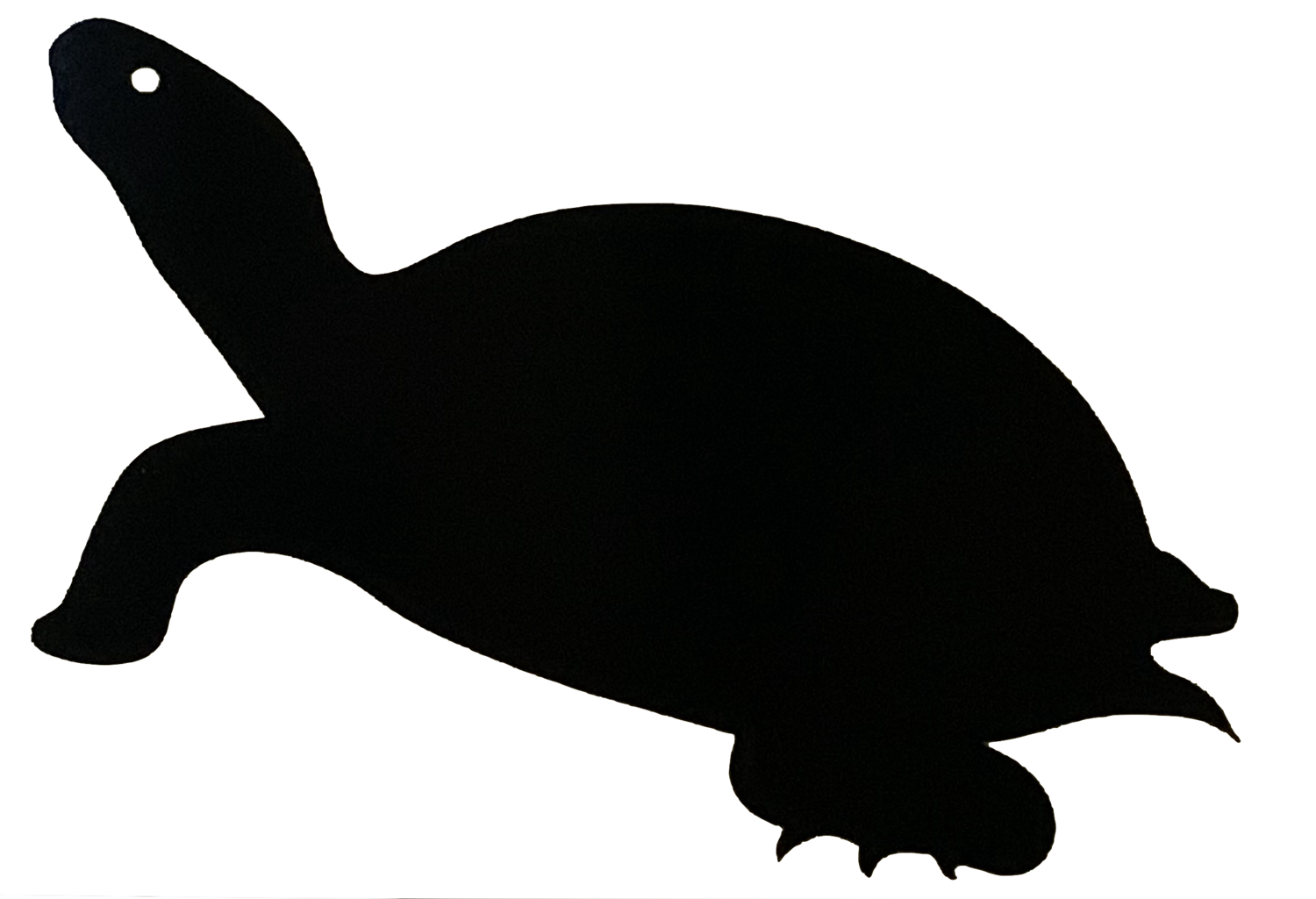Poached eggs? No thanks!
Most people are familiar with wildlife poaching, but it is often thought of as something that happens in far away places, with exotic wildlife only. Did you know that it happens right here in Ontario?
Anti-poaching campaign poster. Photo credit: Toronto Zoo and Crime Stoppers.
Turtles all over the world are hugely popular in both the legal and illegal pet trade and Ontario’s native turtle species are not exempt! All 8 of Ontario’s native turtles are listed federally as at-risk and thus have special protections afforded to them. It is illegal to keep a native turtle as a pet or to keep one captive for any reason with out a special permit.
Unfortunately, this hasn’t stopped people from taking adults, hatchlings and even eggs from the wild. Every year turtles are taken from the wild in Ontario in large quantities, though exact statistics are scarce. Usually the turtles are exported to other countries to be sold as pets or food in ethnic markets.
An adult Blanding’s Turtle. Photo credit: Turtles Kingston.
The Blanding’s Turtle, Spotted Turtle and Wood Turtle populations have been hit the hardest by poaching which has contributed to their threatened and endangered status in Ontario. Turtles already face many hurdles when it comes to maintaining healthy populations without the added stress of poaching.
Turtles are generally slow to reach sexual maturity, with the snapping turtle taking a whopping 17 to 19 years to mature! This means that any breeding adult removed from the population can have a huge impact and could potentially wipe out the local population!
Musk Turtle eggs. Photo credit: Turtles Kingston.
Turtle eggs and hatchlings are particularly vulnerable to predation by wildlife, this is why it is common practice to install nest protectors over nests in high-risk areas. Unfortunately, these nest protectors can also serve as an indicator of a nest’s location to would-be poachers. Please be vigilant during nesting season and report suspicious activity around any known turtle nests in your neighbourhood.
It is critically important that we keep the locations of turtles and their eggs confidential! Poachers are known to use scientific research publications and public forums like iNaturalist to discover the locations of turtles. Researchers now only give vague location data of their turtle research subjects and citizen scientists are encouraged to do the same. If you spot a turtle, please don’t share their location publicly! Turtle populations are in trouble and they need your help to survive!
If you suspect poaching of turtles or their eggs, please report it to the MNR TIPS LINE at 1-877-847-7667.



